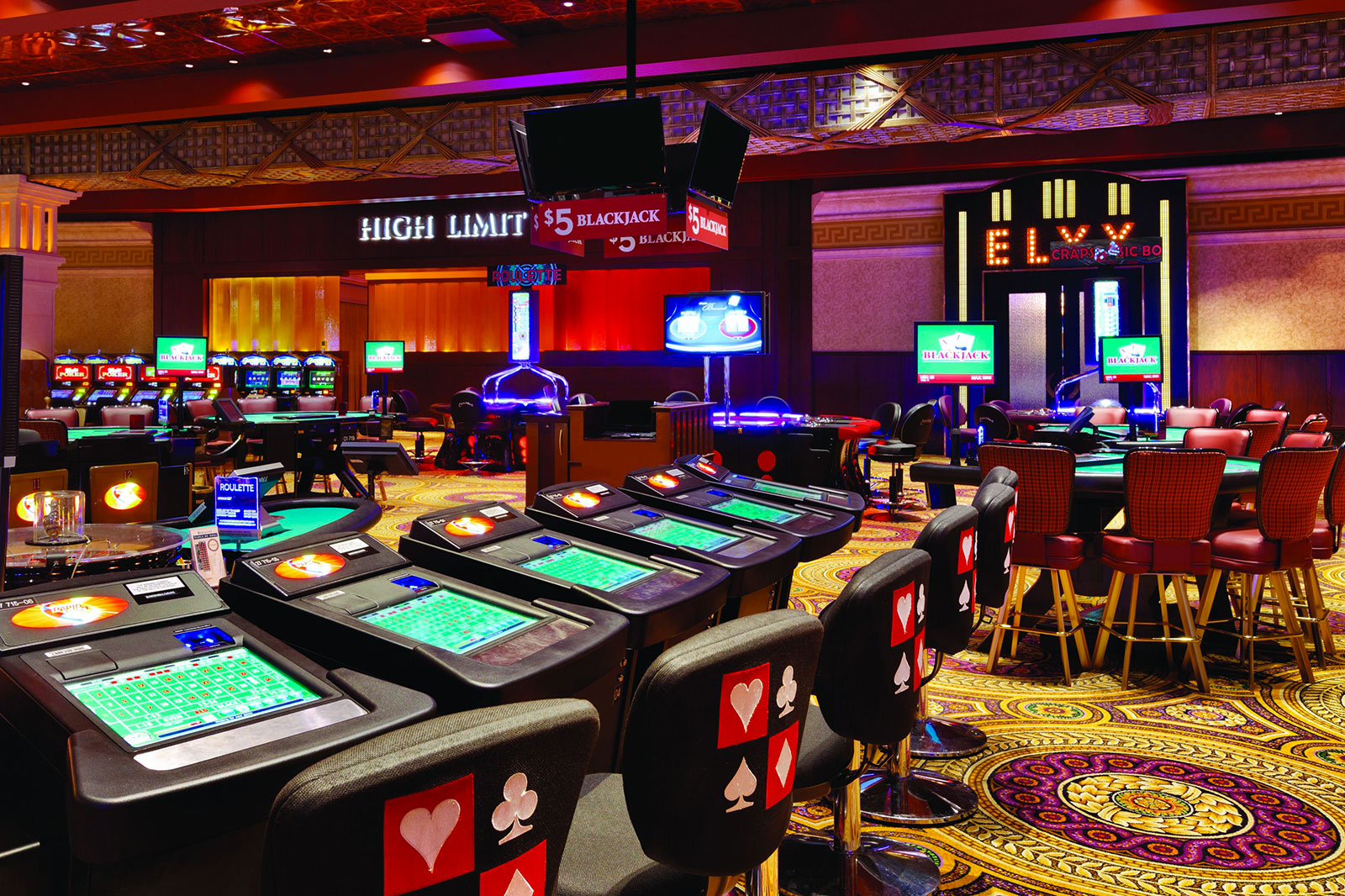
Casino games have long enthralled gamblers from all walks of life, drawing them into vibrant casinos filled with the sounds of spinning wheels, clattering chips, and cheering crowds. The thrill of chance and the allure of potential winnings create an exhilarating atmosphere that keeps gamblers returning for more. Whether it is the thrill of a slot machine, the strategic play of poker, or the anticipation of a roulette wheel, casino games offer a unique combination of entertainment and risk that can be hard to resist.
At the heart of this fascination lies a psychological pull that varies from person to person. For some, the excitement of hitting a jackpot can elevate their mood, while for many, it’s a social experience that brings friends together. The colorful visuals, engaging sounds, and sometimes lavish environments of casinos greatly improve the appeal, making each visit an adventure waiting to unfold. As we explore why gamblers are drawn to these games, we uncover the deeper motivations and emotions that fuel their passion for the betting tables.
The Psychology of Gambling
The appeal of casino games often arises from the complex psychology of gambling itself. Many individuals are attracted to the thrill of risking money for the chance of winning more, as it connects with a innate human desire for thrill and reward. This excitement can create a powerful emotional experience. The combination of risk and potential monetary gain can stimulate a dopamine release, making players feel exhilarated.
Furthermore, the design of casino games is designed to maintain players involved. The use of bright lights, enticing sounds, and the communal environment of casinos can amplify the excitement. Players typically find themselves immersed in these environments, where the expectation of a win draws them back repeatedly. This sensory engagement encourages longer gaming sessions, as the rapid feedback from wins, however small, reinforces the desire to gamble more.
Finally, cognitive distortions play a major role in gambling behavior. Many players fall prey to the belief in control, believing they can affect outcomes even in games of luck. This attitude can lead to overconfidence and the continuation of play, despite accumulating losses. Additionally, gamblers typically recall their wins more clearly than their losses, which can skew their understanding and enhance the desire to gamble more. This complex interplay between emotions and cognitive factors helps clarify why so many are pulled towards casino games.
A Allure of Casino Environments
The atmosphere of a casino is distinctively enthralling, drawing in gamblers with its blend of anticipation and anticipation. The scenes and sounds of twirling gaming machines, cheering gamblers, and the rhythmic clinking of cash create an immersive experience that is hard to ignore. The bright neon signs and animated arrangement foster a atmosphere of excitement that keeps gamblers invested and encourages them to remain longer. This contagious setting contributes to the overall appeal of gaming activities, enticing both inexperienced and seasoned gamblers alike.
Furthermore, gaming establishments are engineered to engage the five senses in a manner that makes gamblers feel as though they are embarking on a fantastic adventure. The strategic arrangement of entertainment choices, cozy chairs, and on-the-house snacks enhance the overall experience, making gamblers feel appreciated and treated well. Many gaming centers also feature artistic decorations and intricate motifs that transport visitors to different dimensions, amplifying the buzz. Such settings foster a notion of escapism, allowing players to ignore their mundane routines and immerse into the exciting world of gambling.
Ultimately, the existence of fellow gamblers amplifies the social element of gaming, creating a shared rush. Connections among participants, whether through playful chitchat or shared excitement during a big victory, cultivate a notion of community that many find attractive. This social interaction enhances the experience of enjoying casino activities, transforming it from a individual activity into a joint journey. The mixture of thrill, immersive atmospheres, and social connections makes gambling establishments an compelling destination for players looking for recreation and a opportunity to profit.
Understanding Gambling Mechanics
Casino games are crafted with distinct mechanics that attract players. Each game has its own set of rules, stake frameworks, and probability ratios, allowing players to engage with the game on diverse levels. The thrill of submitting a bet and the anticipation of the outcome creates an thrilling atmosphere. Grasping these mechanics can intensify a player’s appreciation for the game and elevate their overall experience.
An additional crucial aspect of game mechanics is the principle of randomness. Many casino games, especially poker machines and table games, rely on randomizers or shuffling to determine outcomes. This randomness is what keeps players revisiting; the unpredictable nature of the game creates a sense of anticipation and excitement. Knowing that each spin or deal is independent of the last contributes to the appeal, as players believe they have a chance at winning, regardless of past outcomes.
In conclusion, the emotional response tied to game mechanics should not be underestimated. The excitement of a major payout or the tension during critical moments are integral to the enjoyment of casino games. These emotional highs and lows utilize psychological triggers that keep players engaged for longer periods. https://tx88i.com/ Grasping these emotional responses to game mechanics can help explain why players are enticed by the thrill of casino games, continually seeking that upcoming exhilarating moment.